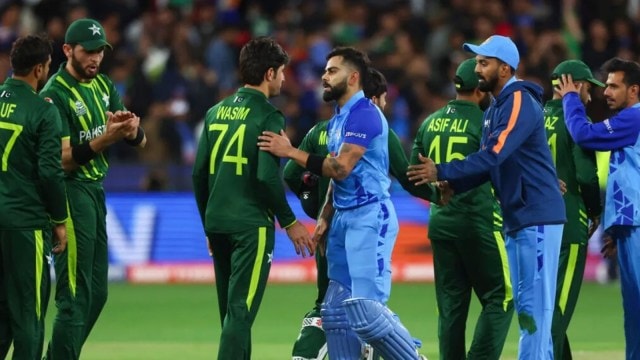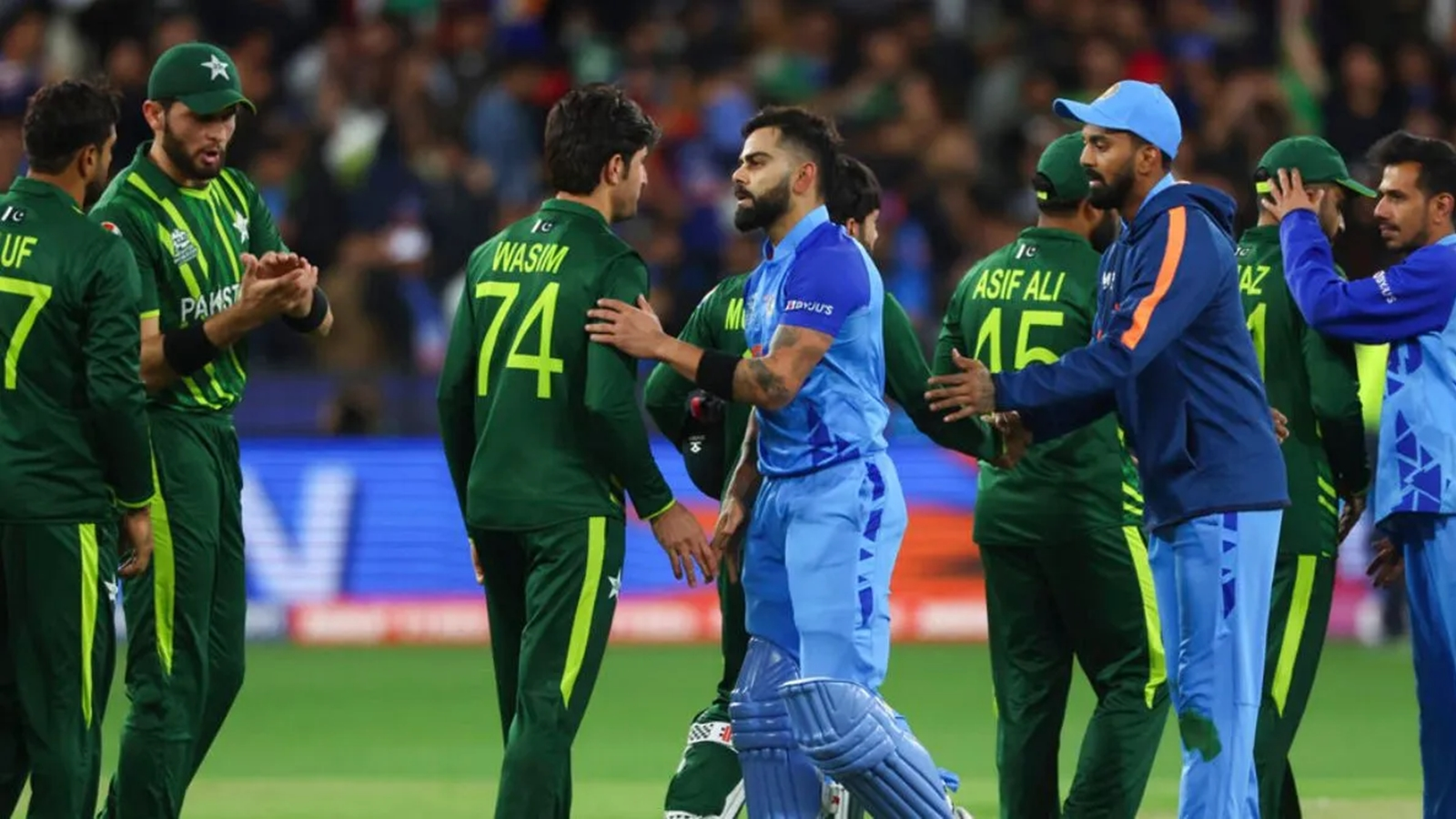

Nov 15, 2024 04:52 IST First published on: Nov 15, 2024 at 06:52 IST
“Sport for Peace” has been a motto of the Olympic movement since its inception in 1894. The history of the Olympic Truce in the ninth century BC tells us that it was used by the warring kings in Greece to allow peaceful competition among athletes as a substitute for the actual conflict. By also allowing participation by spectators in the sporting contests, the kings implicitly conceded that people — that is, non-athletes — also have an important contribution to make in ending hostilities, enhancing mutual goodwill and promoting peace.
Sadly, when it comes to the cricketing contest between India and Pakistan, sport has metaphorically become an extension of the battlefield. The Indian government apparently believes that neither athletes nor non-athletes have any role to play in Indo-Pak peace-building. This is the only meaning that can be derived from its decision — conveyed by the Board of Control for Cricket in India (BCCI) to the International Cricket Council (ICC) — that the Indian cricket team would not be allowed to travel to Pakistan to participate in the eight-nation Champions Trophy early next year.
New Delhi’s reasons for this decision, although not yet officially spelt out, run along familiar lines. Pakistan continues to be a sponsor of terrorist activities in India. Therefore, “terror and sport” cannot go together just as “terror and talks” cannot. The GoI’s argument is right on facts but flawed on its conclusions. Let’s first look at the facts. Pakistan has not stopped exporting terror to India. Pakistan-based terrorists have mounted several attacks on our security forces and civilians in Jammu and Kashmir after the successful conclusion of Assembly elections early last month.
However, Pakistan’s support to terrorism is not new. It dates back to the late 1970s and early 1980s when it started bleeding India first on two fronts — by propping up separatists in Punjab (through Khalistani outfits) and Kashmir — and later by striking deeper into Indian territory in Mumbai, Delhi and elsewhere. Encouragement of religious extremism was an essential part of this evil design, which, nevertheless, has utterly failed in its strategic objective to weaken India. Instead, India has emerged stronger in recent decades.
The net outcome of this misadventure – also of the related policy of aiding and abetting jihadi terrorism in Afghanistan – was that Pakistan itself became a much bigger victim of homegrown terrorism and Islamist extremism. The resultant unsettled conditions domestically, and the opprobrium it earned globally as a hub of terrorism, caused many cricketing nations to avoid touring to Pakistan.
But is it right to conclude from this that India should sever all its cricketing links with Pakistan? No. As a matter of fact, India continued to play cricket with Pakistan even after the 1993 terror attacks on Mumbai and the attack on Parliament in 2001, to cite just two of the most gruesome instances of Pakistan-sponsored terrorism. Test series were played on both Pakistani and Indian soils with the blessings of prime ministers Atal Bihari Vajpayee and Manmohan Singh. The two teams have played even after Narendra Modi became prime minister, albeit in third countries such as the UAE and Sri Lanka. This demolishes the conclusion that “terror and cricket cannot go together”.
What about the other conclusion that it is unsafe for the Indian team to play in Pakistan? Well, the government of Pakistan has made concerted – and successful – efforts to convince ICC members that it is safe to play Test, ODI and T20 series on Pakistani soil. In recent years, Pakistan has hosted teams from Australia, Bangladesh, England, New Zealand, South Africa, Sri Lanka, and the West Indies. Spectators have obviously loved this turnaround, because it is a matter of national pride for a nation that is itself a major cricketing nation. Therefore, India cannot advance the “safety” argument to buttress its decision not to let its team travel across the border for the Champions Trophy. With Pakistan’s national honour itself at stake, its government will surely make redoubled efforts to ensure the safety and security of all the participating teams. If the BCCI insists on moving the Champions Trophy games to Dubai, and if Pakistan turns down the demand, the only option left for India would be to boycott the competition. Jingoists might hail this as their victory, but what would India have gained except loss of face in the global sporting fraternity?
True, Pakistan needs to do a lot more than hosting the Champions Trophy to become a normal nation. The extent of the abnormality in its politics can be gauged from the fact that the greatest cricketer in its history — Imran Khan, who also became its prime minister — has been languishing in jail on flimsy charges. The sooner Islamabad and Rawalpindi cut all their ties to terrorism and religious fanaticism, the better it is for Pakistan’s democracy, its deeply troubled economy and its global reputation.
But New Delhi also must realise that its “big-nation arrogance”, which all our smaller neighbours complain about, cannot succeed in isolating Pakistan globally.
Better to weaken terrorism by strengthening bonds of friendship and mutual trust with Pakistani people. This is best achieved by reopening the closed doors of cricket, cinema, trade and thousands of years of socio-spiritual fraternity. Remember: the Olympic Truce of yore has endured not because of the kings’ self-interest but because of the wisdom of peace-loving players and the people.
The writer was a close aide to former Prime Minister Atal Bihari Vajpayee


